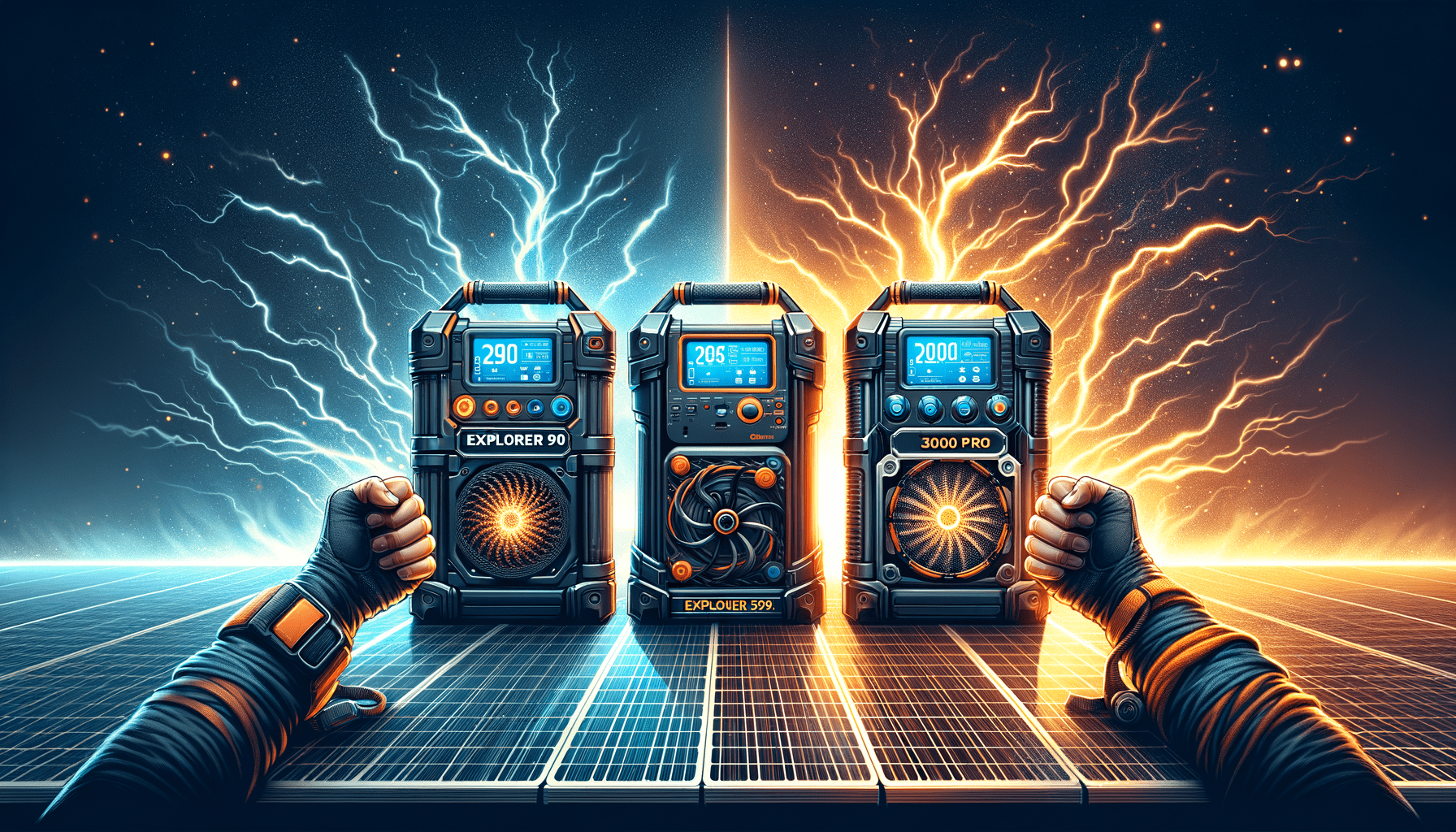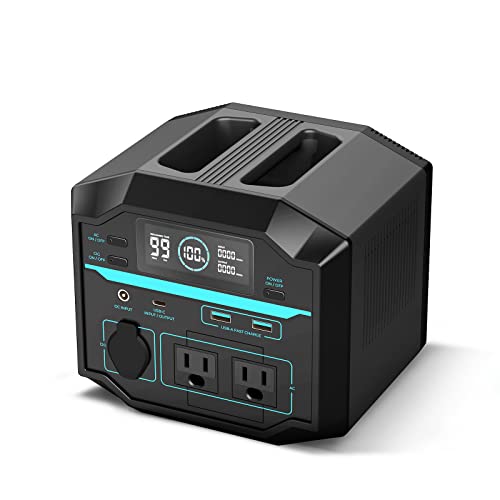When it comes to powering your gear on the go, portable power stations have become increasingly popular. With so many options on the market, it’s essential to compare and contrast to make the best choice for your needs. In this detailed technical comparison, we’ll pit the Renogy 200 against the EcoFlow Delta 2. Both are strong contenders in the realm of portable power, but they have distinct features that might sway you one way or the other.
Powering Your World: Overview
The Renogy 200 (PHX200) is a lightweight, compact power solution designed for versatility and convenience, ideal for activities like camping or emergencies. On the other hand, the EcoFlow Delta 2 is a robust power supply unit designed for off-grid power or emergency backup, boasting a larger capacity and more outlet options.
Capacity and Output: A Shocking Difference
The Renogy 200 offers a battery capacity of 222Wh and an AC outlet capable of supplying 200W with a surge capacity of 400W. In stark contrast, the EcoFlow Delta 2 has a whopping 1024Wh capacity, which is expandable and provides a total AC output of 1800W with a surge capacity of 2700W.
Charging Ahead: Recharging Options & Speed
Both stations offer a variety of charging methods, including AC adapters, car charging, and solar panels. Renogy promises a swift recharge to 80% within 1.5 hours through AC and USB-C charging, while EcoFlow breaks records with a 0%-80% charge in just 50 minutes via its AC outlets, highlighting its X-Stream Fast Charging tech.
Extra Outlets for Extra Devices
Renogy’s power station offers six device-charging options, whereas EcoFlow Delta 2 steps it up with six AC outlets and a variety of USB ports, including two high-output USB-C ports.
Going the Distance: Weight and Portability
If weight is a concern for you, the Renogy 200 wins easily with a lightweight 5.3 pounds, making it a portable champion compared to the 27 pounds of the EcoFlow Delta 2. However, the extra weight contributes to EcoFlow’s significantly higher energy storage and output capabilities.
Key Features for the Tech-Savvy
An LCD display on the Renogy highlights battery level, input/output power, and recharge times. The EcoFlow counters with a full-fledged app allowing for remote monitoring and control, along with multiple port options and home backup capabilities.
Head-to-Head Comparison
| Feature | Renogy 200 | EcoFlow Delta 2 |
|---|---|---|
| Battery Capacity | 222Wh | 1024Wh (expandable) |
| AC Outlet Output | 200W (400W surge) | 1800W (2700W surge) |
| USB Ports | 2 USB-A, 1 USB-C | 2 USB-A, 2 USB-A Fast, 2 USB-C |
| Charging Speed (to 80%) | 1.5 hours | 50 minutes |
| Weight | 5.3 pounds | 27 pounds |
| Warranty | 1 year | 5 years |
| Smart Features | LCD Display | Expandable Ecosystem, App Control |
Eco-Friendly Energy Solutions
Both power stations offer solar panel compatibility, harnessing renewable energy to lower your carbon footprint. This makes either an excellent choice for eco-conscious adventurers aiming to maintain off-grid power sustainably.
Final Verdict: Which to Choose?
Ultimately, the choice between Renogy 200 and EcoFlow Delta 2 comes down to your specific power needs and portability requirements. The Renogy 200 is perfect for those who need a light carry and moderate power. If you’re looking for more robust power capabilities and don’t mind the extra weight, the EcoFlow Delta 2 is the way to go.




Leave a Reply